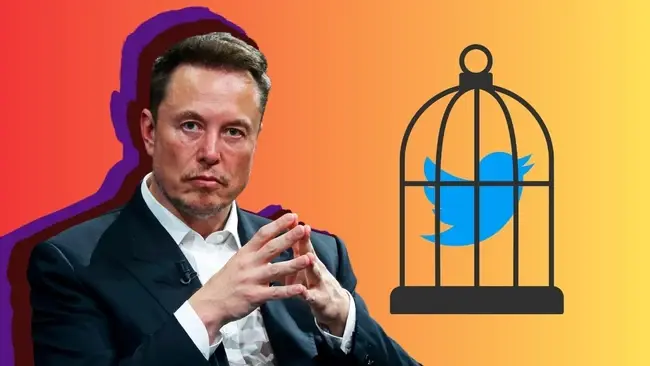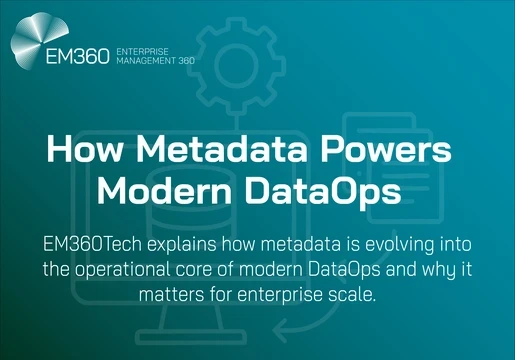Elon Musk's decision to cap the number of tweets users can read per day has faced huge backlash online. But experts are warning the move could not only threaten Twitter's future, but the future of the free, open internet.
The drastic measure, announced by Musk following a mass outage on the social platform on Saturday, restricts unverified accounts to viewing 1,000 Tweets per day, with new unverified accounts restricted to as little as 500 tweets.
While the number may be significantly higher for Blue-payers, the average Twitter user is now limited to a few scrolls per day due to the restriction, making the platform practically unusable for the majority of users.
In a tweet of his own, Musk assured users that the action was a “temporary emergency measure,” but did not give a time frame of how long the restrictions would last.
To address extreme levels of data scraping & system manipulation, we’ve applied the following temporary limits:
— Elon Musk (@elonmusk) July 1, 2023
- Verified accounts are limited to reading 6000 posts/day
- Unverified accounts to 600 posts/day
- New unverified accounts to 300/day
The billionaire said the restrictions would allow Twitter to address “extreme levels of data scraping and system manipulation” on its platform, alluding to the mass scraping of data used by AI firms to power chatbots like OpenAI’s ChatGPT and Google’s Bard.
Musk, like Reddit chief Steve Huffman, believes companies must pay for this pulling of information from the internet, which is critical to the success of their AI products.
Twitter has already joined Reddit in charging users to access its application programming interface (API), which is often used by third-party apps and researchers – including AI companies.

Closing the open web
But Industry experts are baffled as to why the former CEO has decided to place such restrictive limits on Twitter users – especially since the platform is currently struggling to retain advertisers on its platform and has seen a drop in users since Musk’s takeover last November.
The company even called up former NBCUniversal advertising exec Linda Yaccarino to be its new CEO to improve relationships with advertisers who pulled away from the platform.
Matt Navarra, social media consultant and industry analyst described the move as “yet another crazy decision by Elon Musk.”
“Never have I seen a social network try so hard to put people off using a platform and to completely curtail any potential future for its business,” Nevarra said.
Musk’s announcement led to RIP Twitter and #Twitterdown trending on the social media platform. But it’s not just Twitter that people are worried about.
Some experts, including former Twitter boss Jack Dorsey, have criticised Musk’s decision TO block access to tweets, claiming that it breaks the idea of an open internet – which gives users unlimited access to browse freely when online.
Dorsey said it was “critical to present the open internet” after Musk’s announced his controversial tweet limits, but admitted that “running Twitter is hard” and that he that Twitter staff are “doing their best under the constraints they have, which are immense.”
And I do hope they consider building on truly censorship-resistant open protocols like bitcoin and nostr to help ease that burden. Good for all, and critical to preserve the open internet.
— jack (@jack) July 1, 2023
“I do hope they consider building on truly censorship-resistant open protocols like Bitcoin and most to help ease that burden. Good for all, and critical to preserving the open internet,” the former CEO said in Tweet on Sunday.
A Cry for help
While Musk has claimed that the move to limit tweets was to prevent “scraping” of the site by AI companies, experts aren’t convinced.
The announcement came following yet another batch of technical issues on the platform, with users being dished out an error message telling them to log in to view tweets.
Along with Twitter’s controversial paid verification system and misinformation issues, users have complained that the site has become unusable since the takeover, with glitches and errors occurring on a daily basis
In February, one outage meant many users were not able to tweet, follow accounts or access their direct messages as the platform was plagued by widespread technical problems.
Some experts have suggested that Twitter’s recent technical issues could be explained by severe cost-cutting measures, which reportedly include Musk refusing to pay for the likes of Amazon or Google who provide essential services for Twitter.
These issues suspiciously line up with past reporting about this area, though follow-ups indicate that Musk eventually at least paid the Google bill.
The more likely option is the former, which would explain the sudden logged-out viewing change and the wave of technical issues the platform is suffering from.







Comments ( 0 )